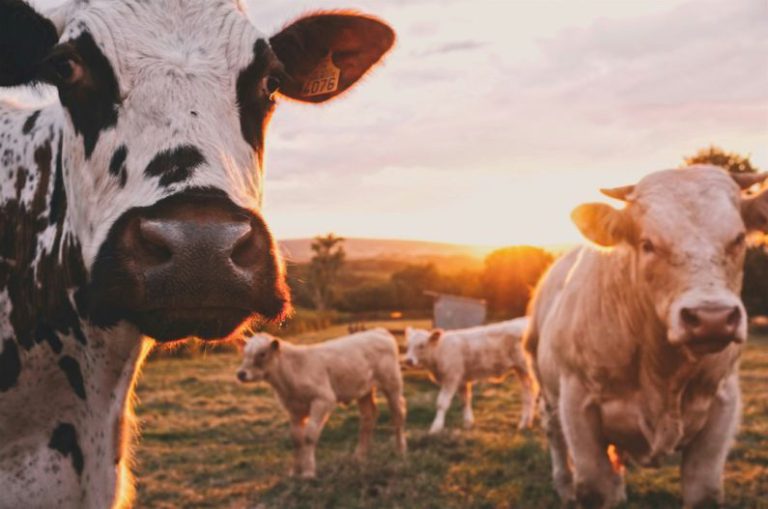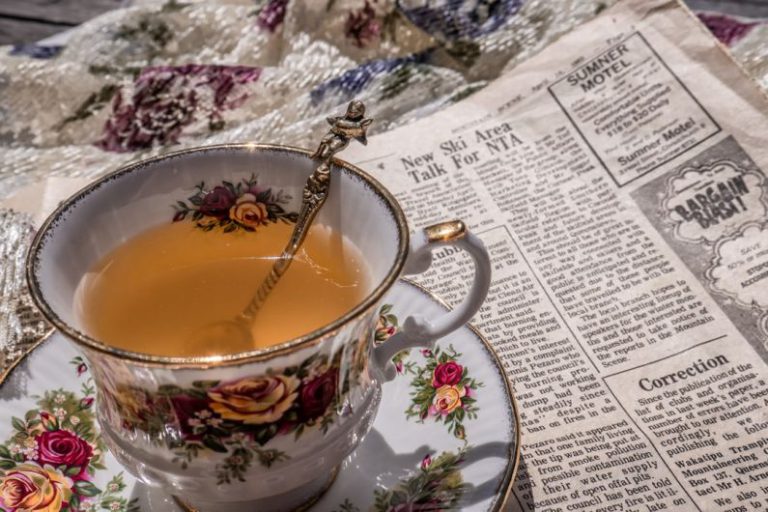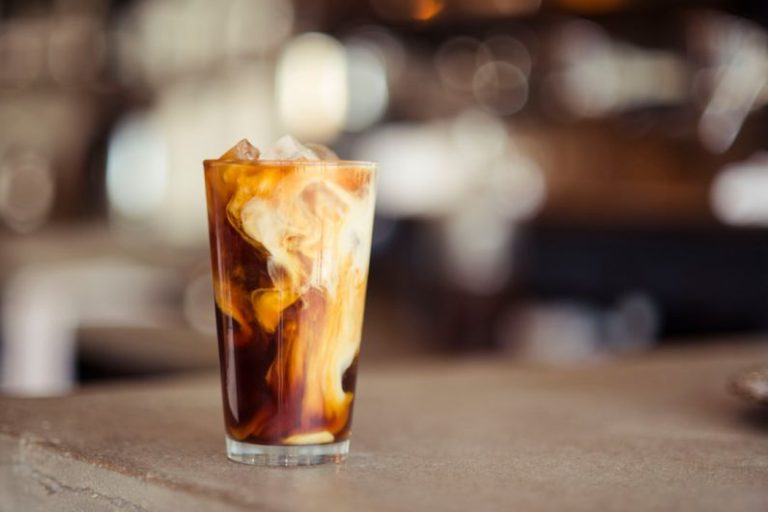How India Fell in Love with Tea: Chai’s Journey from China to India
Tea, a beverage that holds a special place in the hearts of millions around the world, has a fascinating history that dates back thousands of years. While it is widely known that tea originated in China, not many are aware of how this beloved drink made its way to India and became an integral part of the country’s culture. This article explores the journey of chai, India’s version of tea, from its humble beginnings in China to becoming a staple in every Indian household.
The Origins of Tea in China
Tea has been an essential part of Chinese culture for centuries, with the earliest records of tea consumption dating back to the Shang dynasty in the 2nd century BC. Legend has it that the Chinese Emperor Shen Nong discovered tea when some tea leaves blew into a pot of boiling water he was drinking. Intrigued by the aroma and taste, he began to explore the medicinal properties of tea and its ability to rejuvenate the mind and body.
Over the centuries, tea cultivation and preparation techniques evolved in China, leading to the development of various types of tea, including green, black, oolong, and white tea. Tea became an integral part of Chinese social customs, with elaborate tea ceremonies being conducted to celebrate special occasions and forge social connections.
The Introduction of Tea to India
The journey of tea from China to India is believed to have begun in the 6th century AD when Buddhist monks and traders traveling along the ancient Silk Road introduced tea to the Indian subcontinent. However, it was not until the British established colonial rule in India that tea cultivation took root in the country.
The British East India Company, looking to break China’s monopoly on tea production, began experimenting with tea cultivation in the hill stations of Darjeeling and Assam in the early 19th century. The fertile soil and ideal climate of these regions proved to be conducive to tea cultivation, and soon tea estates began to spring up across the country.
The Rise of Chai Culture in India
While the British introduced tea cultivation to India, it was the Indian people who transformed tea into chai, a fragrant and flavorful concoction that is now synonymous with Indian culture. Chai, which means “tea” in Hindi, is a spiced milk tea that is brewed with a blend of aromatic spices such as cardamom, cinnamon, cloves, and ginger.
Chai quickly captured the taste buds of the Indian population, becoming a popular beverage that is enjoyed throughout the day. Whether sipped on street corners from small clay cups or served in elegant teacups at high-end cafes, chai has become a symbol of hospitality and warmth in Indian homes.
The Ritual of Chai in India
In India, chai is more than just a beverage; it is a ritual that brings people together and fosters social connections. The preparation of chai involves simmering tea leaves, spices, milk, and sugar in a pot until the flavors meld together to create a harmonious blend.
Chaiwallahs, or tea vendors, can be found on every street corner in India, brewing steaming pots of chai and serving it to customers in small cups. The act of sharing a cup of chai with friends, family, or even strangers is a common practice in India, signifying a bond of camaraderie and goodwill.
The Global Appeal of Chai
In recent years, chai has gained popularity beyond the borders of India, captivating the taste buds of people around the world. Chai latte, a westernized version of chai made with frothy milk and sweetened with honey or sugar, has become a trendy beverage in cafes and coffee shops across the globe.
The aromatic blend of spices and the creamy texture of chai have struck a chord with tea lovers everywhere, making it a versatile and comforting drink that transcends cultural boundaries. Whether enjoyed hot or cold, chai continues to enchant and delight those who partake in its warm embrace.
In Conclusion
The journey of chai from China to India is a testament to the enduring appeal of tea as a beverage that transcends time and borders. What started as a simple drink in ancient China has evolved into a cultural phenomenon in India, where chai is not just a beverage but a way of life.
As chai continues to spread its aromatic influence around the world, it serves as a reminder of the power of a humble cup of tea to bring people together, forge connections, and create moments of warmth and joy. So, the next time you savor a cup of chai, take a moment to appreciate the rich history and cultural significance of this beloved drink that has captured the hearts of millions.






